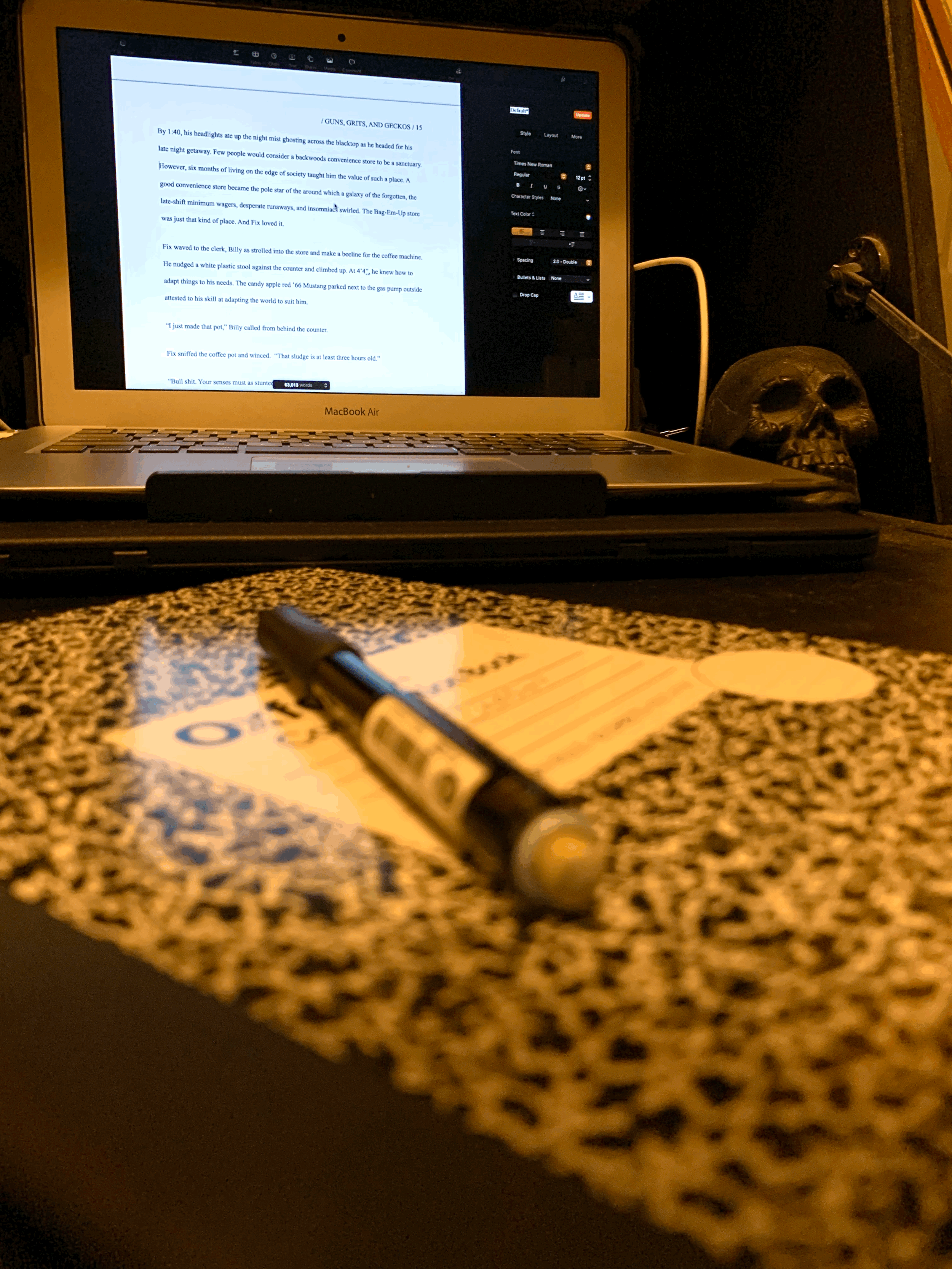So, I wrote a book.
It’s been said, “write what you know”. That advice can be tricky. If you write about a serial killer, maybe you shouldn’t follow that advice. What if you’re writing about an ancient Egyptian Pharaoh? Is it wrong to try to get inside their head and create a character with which you have no cultural or physical connection?
I’m working up to a point.
A few years back, I wrote a detective short story. I wanted my main character to be unique. He had to avoid being the stereotypical private eye. Even more, I wanted him to be someone that could be underestimated. It would be that characteristic that he could use to his advantage. I had just finished watching Game of Thrones and was impressed by the Peter Dinklage’s portrayal of Tyrion. Here was a character that defied expectations and went on to become a leader (spoiler alert).
I knew a had an image for my detective, Fix Larson.
From the outset, I knew that I had to be careful and make his character as true to life as possible. Fix could not be a stereotype of a person with dwarfism. So, I put in many hours of research. I studied the forms of dwarfism, their symptoms, their challenges, everything I could find. I read blogs and watched posts from people in the Little Person community. Then, I sought out people with dwarfism and asked them to beta read my novel to make sure I got things correct. And I’m glad that I did. For the most part, my portrayal was spot on. However, one awesome reader pointed out some nuances that I got wrong.
I got the novel completed and edited. Then, I sent it to my agent.
That’s where I hit my first wall.
More in my next post.
Please feel free to comment. Also, check out my writer advice posts on TikTok at @jensenjames06






